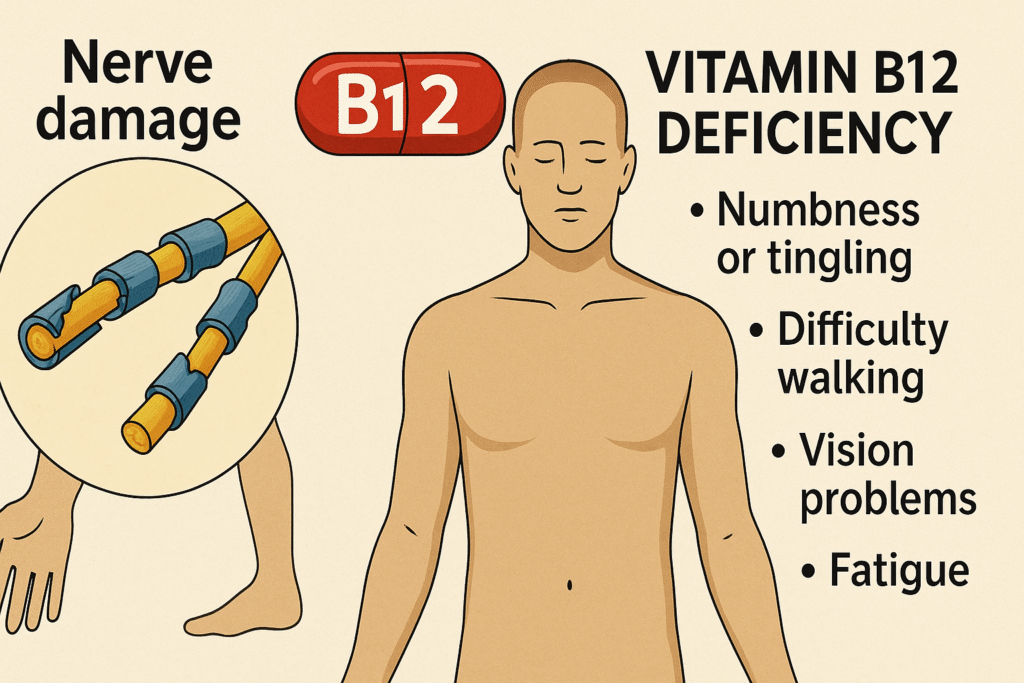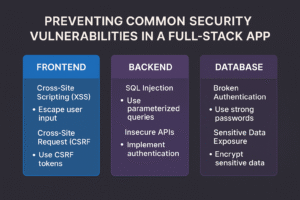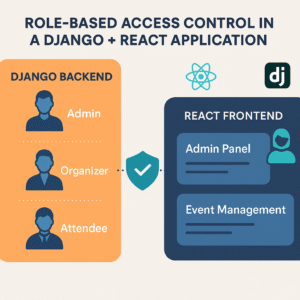Experts Warn: The First Sign of Vitamin B12 Deficiency Isn’t Fatigue — It’s Nerve Damage
Vitamin B12 plays a critical role in maintaining nerve health, producing red blood cells, and supporting DNA synthesis. While many people associate B12 deficiency with tiredness and fatigue, health experts now warn that these are not the earliest signs of deficiency.
According to renowned nutritionist Dr. Eric Berg, the earliest and most important warning sign is nerve degeneration — long before symptoms like anemia or fatigue appear. He explains that B12 is essential for forming myelin, the protective coating around nerves. Without adequate B12, the myelin breaks down, causing nerves to “short-circuit.”
How B12 Deficiency Affects the Nervous System
The loss of myelin disrupts communication between the brain and the rest of the body, leading to a condition known as demyelination, which can affect both the peripheral nerves and the spinal cord.
Severe or prolonged deficiency may cause:
- irreversible nerve damage
- memory loss
- vision problems
- difficulty walking
- dementia, paranoia, or even paralysis
Dr. Berg warns that the brain may begin to atrophy if B12 levels remain low for too long.
Common Symptoms of Vitamin B12 Deficiency
Aside from fatigue, the following signs may indicate low B12 levels:
Digestive & Physical Symptoms
- Nausea, vomiting, or diarrhoea
- Loss of appetite
- Weight loss
- Pale skin
- Mouth sores or tongue ulcers
Neurological Symptoms
- Tingling or numbness in hands and feet
- Poor balance or difficulty walking
- Vision disturbances
- Memory issues or confusion
- Slurred or altered speech
Psychological Symptoms
- Depression
- Irritability
- Behavioural changes
Who Is at Risk — and How to Boost B12 Levels
Adults need 2.4 micrograms of B12 daily, slightly higher during pregnancy and breastfeeding. B12 is naturally found in:
- meat
- fish and seafood
- eggs
- dairy products
Vegetarians and vegans may struggle to meet requirements, making fortified foods such as plant-based milks, nutritional yeast, and cereals important alternatives.
Absorption of vitamin B12 also requires intrinsic factor, a stomach protein that decreases with age. This is why deficiency is more common in older adults, even with a balanced diet.
Doctors recommend blood tests and supplementation if symptoms persist.
Originally published on 24×7-news.com.








